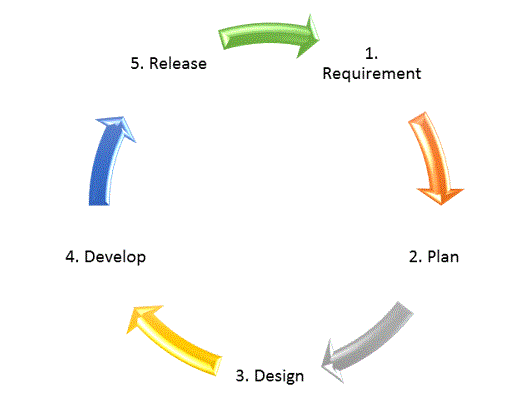Course Content
Foundation Course Content
- An overview of Agile
- What are the objectives of Agile?
- Principles of Agile
- The success story of Agile
- Classifying Philosophy and Principles
- An overview of Agile Project Management (AgilePM®)
- Using Scrum in a work environment
- An overview of DSDM
- An Introduction to Timeboxing and Prioritisation
- Analysis of Lifecycle planning and control
- An Overview of Iterative Development, Facilitated Workshops, Modelling and Prototyping
Practitioner Course Content
- The Agile Project Management Lifecycle
- Delivering projects on time
- The summary of Conjoining Moscow and Timeboxing
- Understanding the user requirements
- Reviewing user stories
- Evaluation of the process
- Planning of projects throughout the Lifecycle
- What is the quality of project?
- Recognising Risk Management
- Altering approaches

 ENQUIRE
ENQUIRE
 REQUEST CALLBACK
REQUEST CALLBACK
 GET A FREE QUOTE
GET A FREE QUOTE


 Introduction
Introduction Course Details
Course Details Course Content
Course Content




 London
London